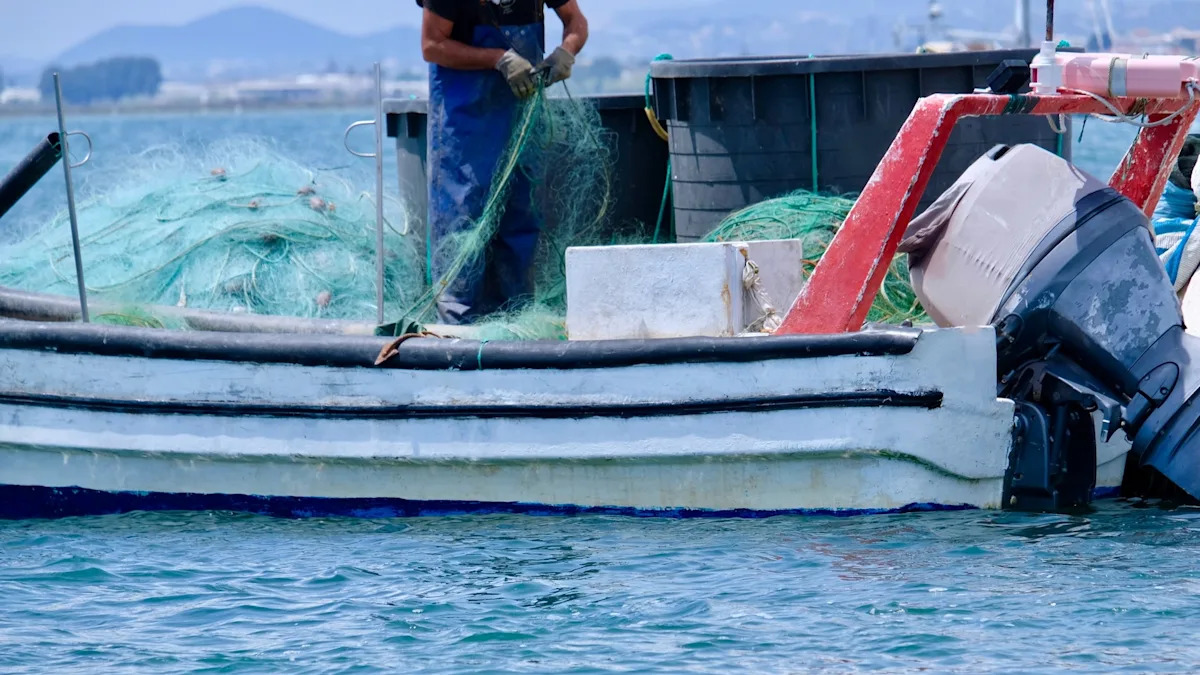The movie “Jaws” may not have been as scary if you could have seen the shark coming. If it were a bright color, the characters could have been more prepared, but when you think of a shark, you think of a gray, black, and white marine animal. Now, a shark has been discovered that’s a different color: orange.
According to The New York Times, a nurse shark was spotted in the Caribbean off the coast of Costa Rica in 2024. Garvin Watson, a sport fishing guide and hotel owner, said: “We saw an orange glow below the water and I said, ‘My God, what is this?'”
The shark wasn’t anything they’d seen before; it was a “tangerine-colored nurse shark” with “ghostly white eyes with no visible irises,” per the Times.
According to a study published in Marine Biodiversity this year, the orange and yellow skin indicates that it has two conditions: xanthism, due to skin pigmentation, and albino-xanthochromism, characterized by white eyes. It’s the first documented case in the Caribbean.
While the cause of xanthochromism is believed to be genetic, it could also be caused by other factors, including environmental factors. The authors of the paper believe further research is needed to understand the causes.
According to Daniel Arauz Naranjo, a marine biologist and executive director of Costa Rica’s Rescue Center for Endangered Marine Species, a nurse shark is typically brown, which makes it easy to hide on the ocean floor and catch prey easily. Luckily, this shark has had no problems staying alive.
Arauz Naranjo, an author of the Marine Biodiversity paper, has observed freshwater fish, cichlids, with the same color. Again, while it’s believed to be genetic, “researchers think other factors, such as stress, diet, or pollutants in the water might also play a role,” per the Times.
The work these researchers do is vital to understanding why these anomalies occur. You can also play a role by donating to organizations doing this work.
Arauz Naranjo told the Times: “I find it amazing that at this point in time somebody can still go out to sea, near the coast, and discover something that hasn’t been recorded for science yet.”
He added: “The sea still has surprises for us.”
Join our free newsletter for good news and useful tips, and don’t miss this cool list of easy ways to help yourself while helping the planet.

